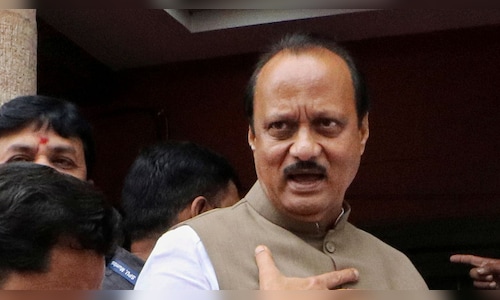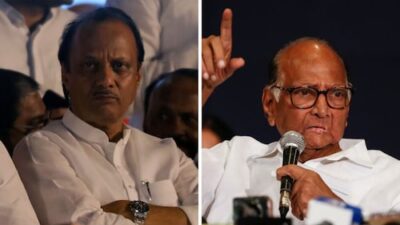While no official clarification has been provided, the message from the Centre appears clear: Ajit Pawar’s faction may have legal standing, yet it has yet to establish political legitimacy on a national level.
Even as part of the ruling Mahayuti alliance in Maharashtra, the Ajit-led NCP is predominantly regarded as a regional force with limited influence in Parliament. At present, the faction boasts just one Lok Sabha MP, Sunil Tatkare, along with two Rajya Sabha MPs—Praful Patel and Sunetra Pawar. Due to this modest national presence, sources in Delhi indicate that the party does not fulfill the informal criteria usually applied for international delegations, such as key roles, committee involvement, or diplomatic experience.
In contrast, the Sharad Pawar-led NCP (often called NCP-SP) has managed to retain symbolic yet influential positions in the national dialogue. Baramati MP Supriya Sule, a three-term parliamentarian known for her insightful speeches and cross-party relationships, has been chosen to represent India in one of the delegations. Her selection highlights not only her individual qualifications but also Sharad Pawar’s sustained goodwill in Delhi’s political circles.
Read more: 7 delegations, 1 mission: India launches global diplomatic blitz to expose Pakistan’s terror links
“I am honoured to join the all-party delegation representing India on the global stage… Our mission is to convey India’s united and unwavering message of zero tolerance against terrorism,” Supriya expressed on X (formerly Twitter) to convey her appreciation.
Many perceive her participation as an acknowledgment of Sharad Pawar’s composed, statesmanlike behavior in recent months—especially following “Operation Sindoor,” wherein his MLAs defected, but he chose not to retaliate aggressively, even offering cooperation to the Centre during all-party discussions.
This goodwill appears absent in the context of Ajit Pawar’s faction, despite senior figures like Praful Patel, a former Union minister with considerable international experience. Instead of Patel, the government opted for Shiv Sena UBT’s Priyanka Chaturvedi and Shiv Sena MP Shrikant Shinde, indicating a deliberate choice. Political analysts suggest this reflects the BJP’s broader strategy in alliance management.
The Mahayuti coalition, which includes Ajit’s NCP and Eknath Shinde’s Shiv Sena, has experienced increasing tensions regarding the allocation of funds in the state, with Ajit overseeing the Finance department. By excluding Ajit Pawar’s representatives, the BJP may be reinforcing its dominance within the alliance and subtly asserting the power hierarchy—reminding new allies that national acknowledgment must be earned.
Read more: Bombay HC orders police to clear abandoned vehicles clogging Mumbai’s public roads
Furthermore, Ajit Pawar’s current roles remain primarily focused on Maharashtra, specifically in finance and state planning. His faction’s lack of representation in Union Cabinet positions or critical parliamentary committees related to foreign affairs further undermines its claims for inclusion in diplomacy-oriented delegations.
Although the Election Commission has bestowed legal legitimacy upon Ajit Pawar’s NCP, in the BJP-led power framework, political capital is assessed not solely by numbers but by efficacy in Delhi’s policy landscape. Hence, the exclusion from the delegations transcends mere technicality—it serves as a multifaceted political signal. It reminds Ajit Pawar’s NCP that while it may hold portfolios in Mumbai, it needs to ascend the ladder of national significance to be regarded as an equal stakeholder in the broader sphere of Indian politics.
Requests for comments from NCP leaders and party spokespersons regarding the party’s official stance on this matter went unanswered.
One leader, speaking on condition of anonymity, noted that only the Party State President is authorized to address this issue. However, NCP State President Sunil Tatkare has yet to respond to the inquiries.



